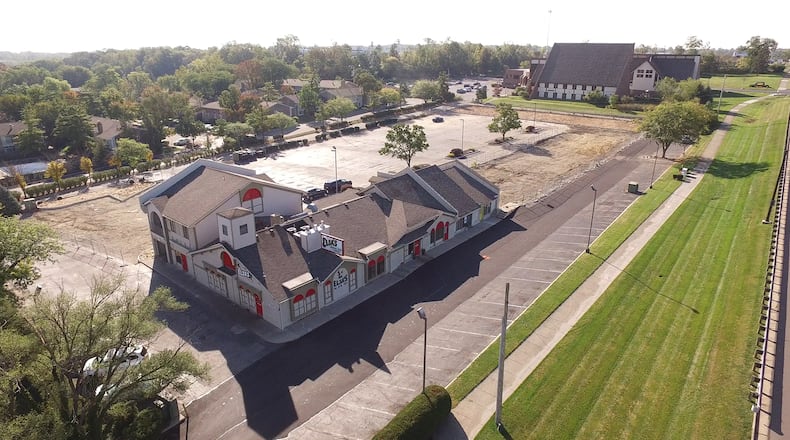“The trial court did not abuse its discretion in finding that the proposed development was consistent with the use and character of surrounding properties,” the court of appeals said in its summary.
The city of Centerville in January appealed the common pleas court decision allowing the development.
Centerville City Council held a closed-door executive session Monday, the majority of which was slated to include a discussion of litigation.
Asked if the discussion pertained specifically to the Sheetz case, Centerville spokeswoman Kate Bostdorff said, “Monday was City Council’s first opportunity to talk with legal counsel since the court’s decision — and no decision has been made."
Bostdorff provided a statement from the city, which said it is “disappointed” by the Second District Court of Appeals’ decision.
“This case has never been about a single development: it has always been about protecting the City’s right to make responsible land use decisions that reflect the values and priorities of our community,” the city said in the statement. “City Council carefully and unanimously determined that this proposal was not consistent with the surrounding properties or with Centerville’s long-established development standards. City Council’s functions vary but include serving in both administrative and quasi-judicial capacities.
“This case was clearly about the critical administrative role of the Centerville City Council, and we continue to strongly believe that local elected officials, those most familiar with the needs and character of their community, should retain the authority to make these important planning and zoning decisions. The City is currently reviewing the Court’s decision and evaluating all available options moving forward.”
The Dayton Daily News reached out to attorney for Sheetz, Elsa’s and Skilken Gold for comment on the Second District Court of Appeals’ ruling.
About the Author

